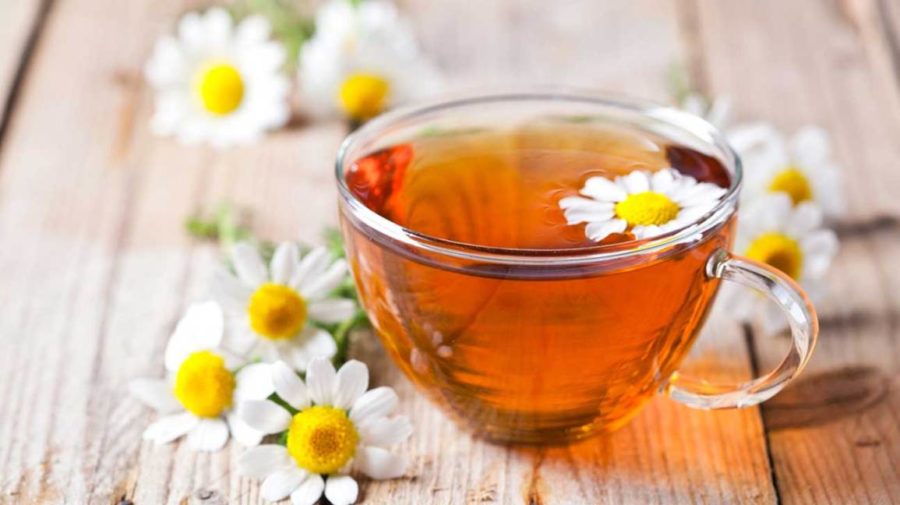At first, tea and coffee appear to be similar. Both can be enjoyed either hot or cold. Both drinks provide caffeine, albeit in various dosages. Whether sweet, strong, light or bitter–there is the “right” flavor for every person.
At the end of the day (or at the start), tea is better than coffee. Tea boasts more benefits and convenience.
The benefits of drinking tea are as extensive as the flavor possibilities. Both ginger tea and green tea aid digestion and bloating. Peppermint tea is an antioxidant. Chai tea is the best for a rainy day. Or perhaps instead of caffeine, you dream of a full night’s sleep – if that is the case, then chamomile tea is the solution.
On the other hand, the best part of drinking coffee is the energy boost. Yet, the caffeine comes at a cost because coffee, while offered in a variety of flavors, is not always in your best interest. Too much coffee intake results in shakiness, stress, and headaches. Taking breaks from coffee induces harsh caffeine withdrawals, which can include migraines, irritability, and headaches. Recovery of caffeine or a drug addict? The lines are blurred.
Perhaps, when deciding between tea and coffee, you do not really care about the benefits and instead prioritize convenience. In the long run, coffee costs more to prepare than tea, both in time and price. Coffee requires a longer amount of time to make if from a coffee pot. Keurig coffeemakers are quick but expensive. With preparing tea, you pour hot water into a mug, drop in a bag of tea and you are set to go. Drop a bit of sugar in the tea if you feel particularly fancy.
Or, you know, you can ditch the argument and just drink water. You will be healthy, energetic, and hydrated.
photo courtesy Healthline
























